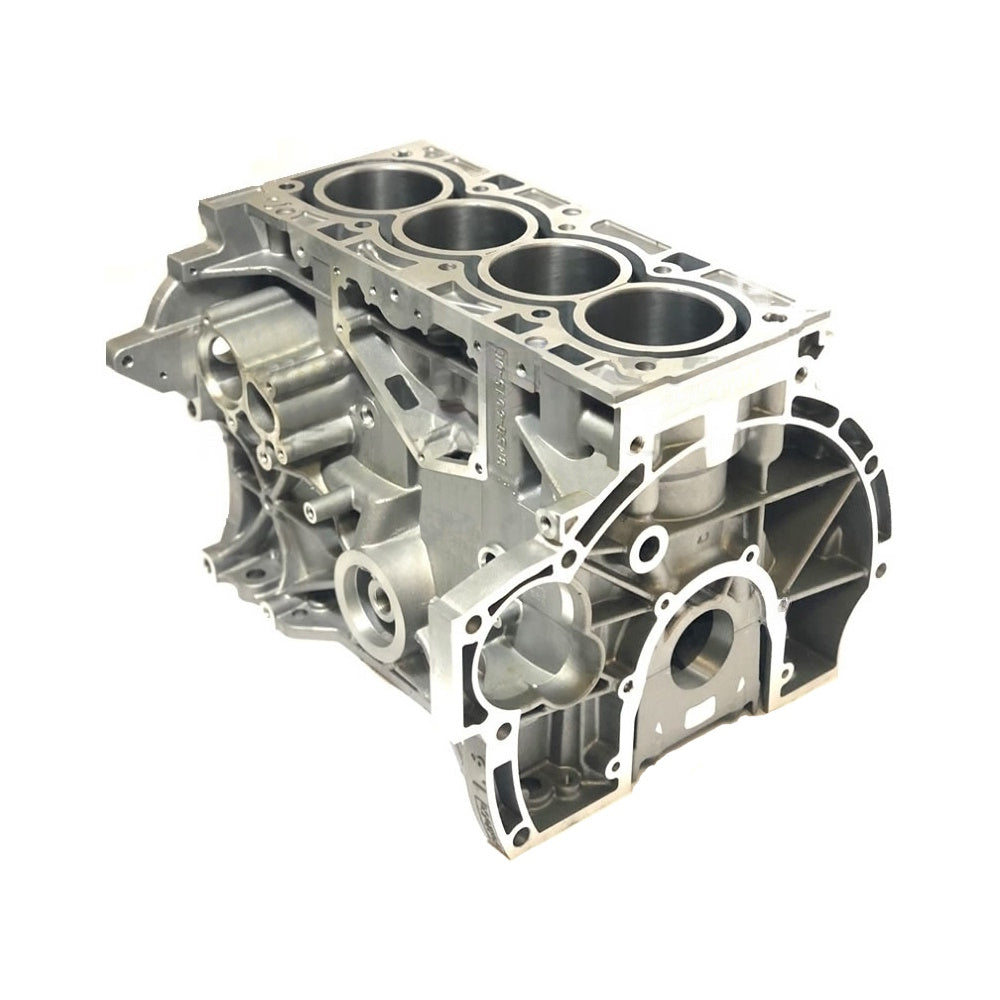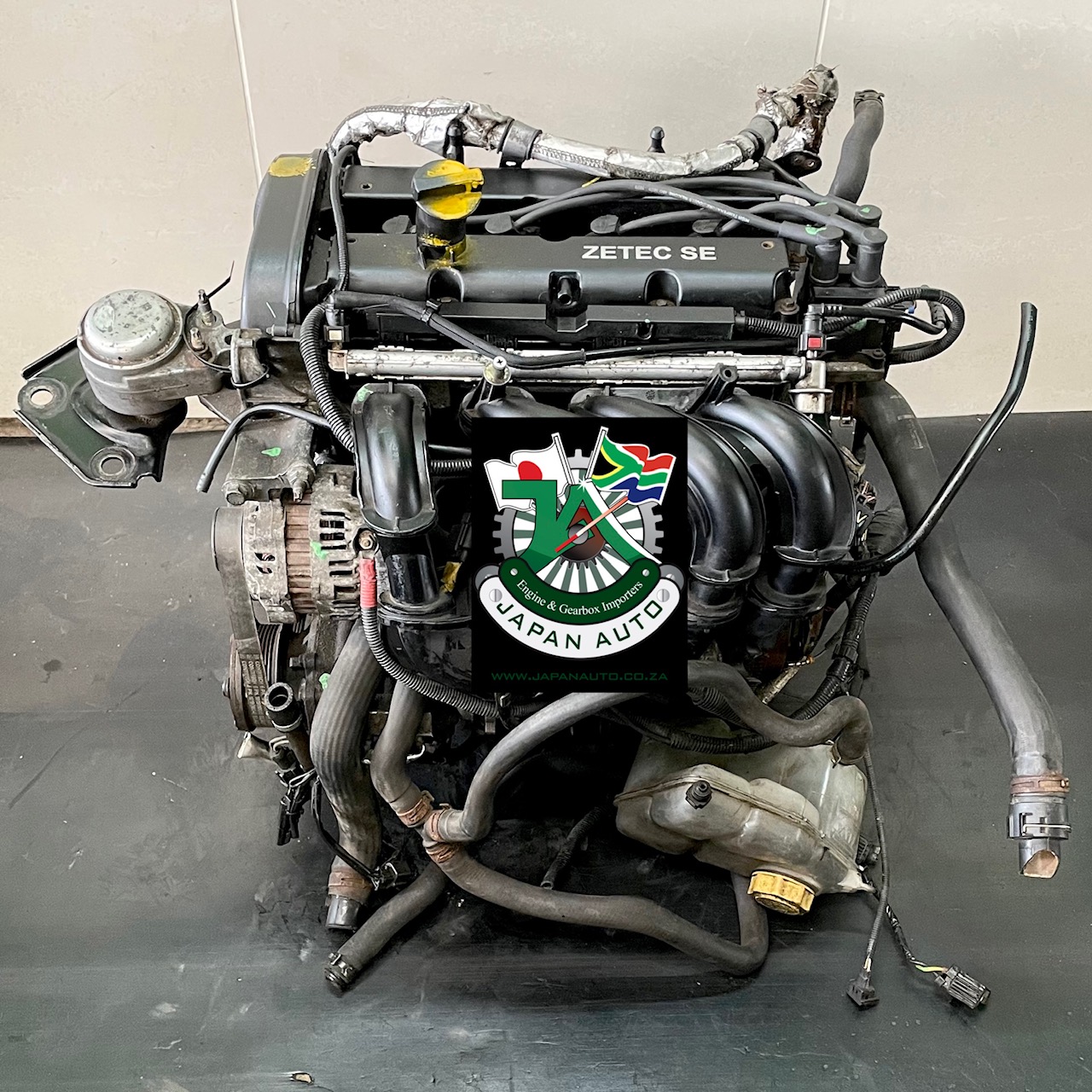Top Ford Fiesta Engine Repairs to Avoid Costly Damage
Top Ford Fiesta Engine Repairs to Avoid Costly Damage
Blog Article
The Future of Engines: Developments Driving Lasting Power Solutions
As the vehicle industry browses the crucial transition in the direction of sustainability, the future of engines is increasingly specified by groundbreaking innovations. Electric engine improvements, alongside appealing growths in hydrogen fuel cells and biofuels, are improving the landscape of power solutions. The introduction of hybrid systems additionally complicates this evolution, offering both difficulties and opportunities to decrease exhausts efficiently. Combined with the assimilation of synthetic knowledge in engine design, these technological strides elevate crucial concerns concerning their long-term practicality and influence on traditional paradigms. What might this suggest for the industry and consumers alike?
Electric Engine Dope
The advancement of electric engine developments represents an essential change in the vehicle and aerospace sectors, driven by the immediate requirement for sustainable options to nonrenewable fuel sources. This transition is characterized by significant advancements in battery technology, power electronics, and electrical motor layout, which jointly improve the effectiveness and performance of electric engines.
Current advancements have actually resulted in the development of lighter, more energy-dense batteries, such as lithium-silicon and solid-state batteries, which promise longer arrays and much shorter billing times. Additionally, renovations in electrical motor performance, such as the usage of long-term magnets and advanced cooling down systems, make it possible for electrical engines to run efficiently under varying problems. These enhancements not only boost automobile performance but additionally add to a reduction in total energy consumption.
In addition, the combination of sophisticated software formulas has optimized energy management in electrical lorries, permitting regenerative stopping and predictive charging strategies. As suppliers progressively embrace electrical propulsion, the automotive and aerospace industries are witnessing a paradigm change towards greener technologies. This development not just satisfies governing demands however also lines up with customer preferences for eco-friendly transportation remedies, solidifying electrical engines as a keystone of future sustainable flexibility.
Improvements in Biofuels
As the aerospace and vehicle sectors increasingly focus on lasting energy sources, improvements in biofuels arise as a complementary remedy to electric engines. Biofuels, originated from natural materials such as crops, waste, and algae, provide a cutting-edge method for decreasing greenhouse gas discharges and dependence on nonrenewable fuel sources.
Current research has focused on improving the performance and sustainability of biofuel manufacturing. Second-generation biofuels utilize non-food feedstocks, reducing competitors with food supply and minimizing ecological impact. Furthermore, improvements in artificial biology have actually enabled the engineering of bacteria to produce biofuels better, causing greater yields and reduced production costs.
In addition, the growth of drop-in biofuels permits for smooth combination into existing facilities, allowing a smoother shift for industries typically dependent on fossil fuels. ford fiesta engine. These gas can be made use of in existing engines without alterations, promoting their fostering throughout different industries
Investments in biofuel technology, along with helpful policies, are vital to drive advancement and scalability. As the worldwide community looks for to deal with environment modification, biofuels provide a pragmatic, prompt option that lines up with the overarching goal of sustainability in transportation and aeronautics.
Hydrogen Gas Cell Modern Technology
A growing number of scientists and business are checking out hydrogen fuel cell technology as a sensible option to conventional power resources in transport and energy systems. This innovation converts chemical power from hydrogen into electrical power via an electrochemical reaction, with water as the only result, making it an ecologically pleasant choice.
The core of hydrogen fuel cells is the gas cell stack, where hydrogen particles are split right into protons and electrons. The circulation of electrons generates power, while protons move with a membrane to combine with oxygen from the air, developing water. This procedure leads to high performance and low discharges, placing hydrogen fuel cells as a crucial gamer in the transition to sustainable power.
Substantial developments have actually been made in improving the toughness and efficiency of fuel cells, together with reducing costs with cutting-edge manufacturing methods. The development of hydrogen production methods, such as electrolysis powered by sustainable power resources, boosts the sustainability of the total system. As infrastructure for hydrogen refueling expands and production techniques go right here end up being a lot more reliable, hydrogen gas cell modern technology holds great guarantee for decarbonizing different markets, consisting of sturdy transport and stationary power generation.
Hybrid Systems and Their Impact
Crossbreed systems represent a significant advancement in lasting engine modern technology, combining typical interior combustion engines with electrical propulsion to optimize power effectiveness and reduce exhausts (ford fiesta engine). This dual strategy allows vehicles to make use of both power resources, making it possible for higher flexibility in energy intake and minimizing reliance on fossil gas

Along with environmental advantages, crossbreed systems use customers a feasible transition towards fully electric cars. They reduce range anxiousness by incorporating the ease of fuel with the benefits of electrical propulsion, making them an appealing alternative for a wider target market. As makers buy hybrid technology, the growth of advanced battery systems and light-weight materials proceeds to boost performance. On the whole, hybrid systems represent a crucial step towards attaining sustainable transport and attending to the urgent demand for environmentally pleasant power options.
The Role of AI in Engine Style
Leveraging innovative algorithms and maker understanding techniques, the vehicle sector is increasingly incorporating fabricated intelligence (AI) into engine style procedures. AI enhances the efficiency and effectiveness of style by assessing vast Recommended Site datasets to identify ideal setups and efficiency criteria. This capacity allows engineers to replicate numerous operating problems and forecast engine behavior under multiple scenarios, dramatically reducing the time and cost related to conventional prototyping techniques.
Moreover, AI assists in the advancement of sophisticated materials and combustion processes tailored for sustainability. By optimizing fuel efficiency and minimizing emissions, AI-driven designs align with international campaigns targeted at lowering the carbon impact of auto engines. Equipment understanding formulas can likewise anticipate upkeep requirements, leading to enhanced dependability and durability of engine components.
Moreover, AI is important in the integration of electrification technologies, such as hybrid systems, where it can optimize battery management and power healing procedures. As the industry relocates towards more sustainable power remedies, the role of AI in engine design becomes significantly crucial, driving advancement and improving the performance of future engines. Inevitably, the partnership between AI and engine layout declares a new period of smarter, cleaner, and much more efficient vehicle innovations.

Verdict
In conclusion, the future of engines is being shaped by a convergence of innovative technologies that focus on sustainability. Electric engine innovations, biofuel growths, hydrogen gas cells, and crossbreed systems jointly add to a substantial reduction in discharges and environmental influence.
Electric engine over here innovations, along with appealing advancements in hydrogen fuel cells and biofuels, are improving the landscape of power options. Furthermore, enhancements in electric motor performance, such as the usage of long-term magnets and advanced cooling down systems, make it possible for electric engines to operate properly under differing problems. By enhancing fuel performance and lessening discharges, AI-driven layouts align with international campaigns intended at lowering the carbon footprint of auto engines. As the market moves in the direction of more lasting power options, the role of AI in engine layout ends up being increasingly crucial, driving development and enhancing the performance of future engines. Electric engine advancements, biofuel growths, hydrogen fuel cells, and crossbreed systems collectively add to a significant reduction in exhausts and environmental influence.
Report this page